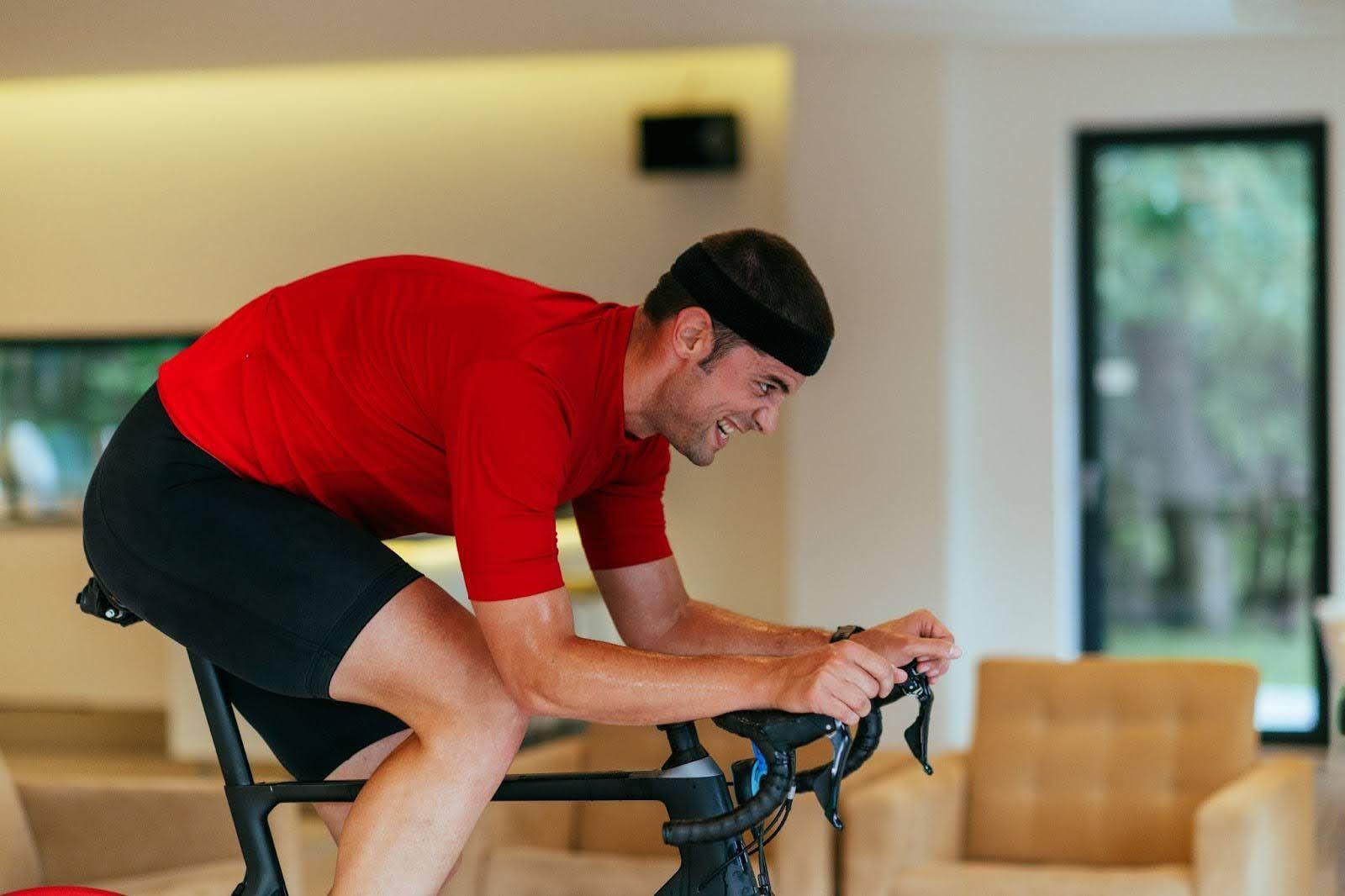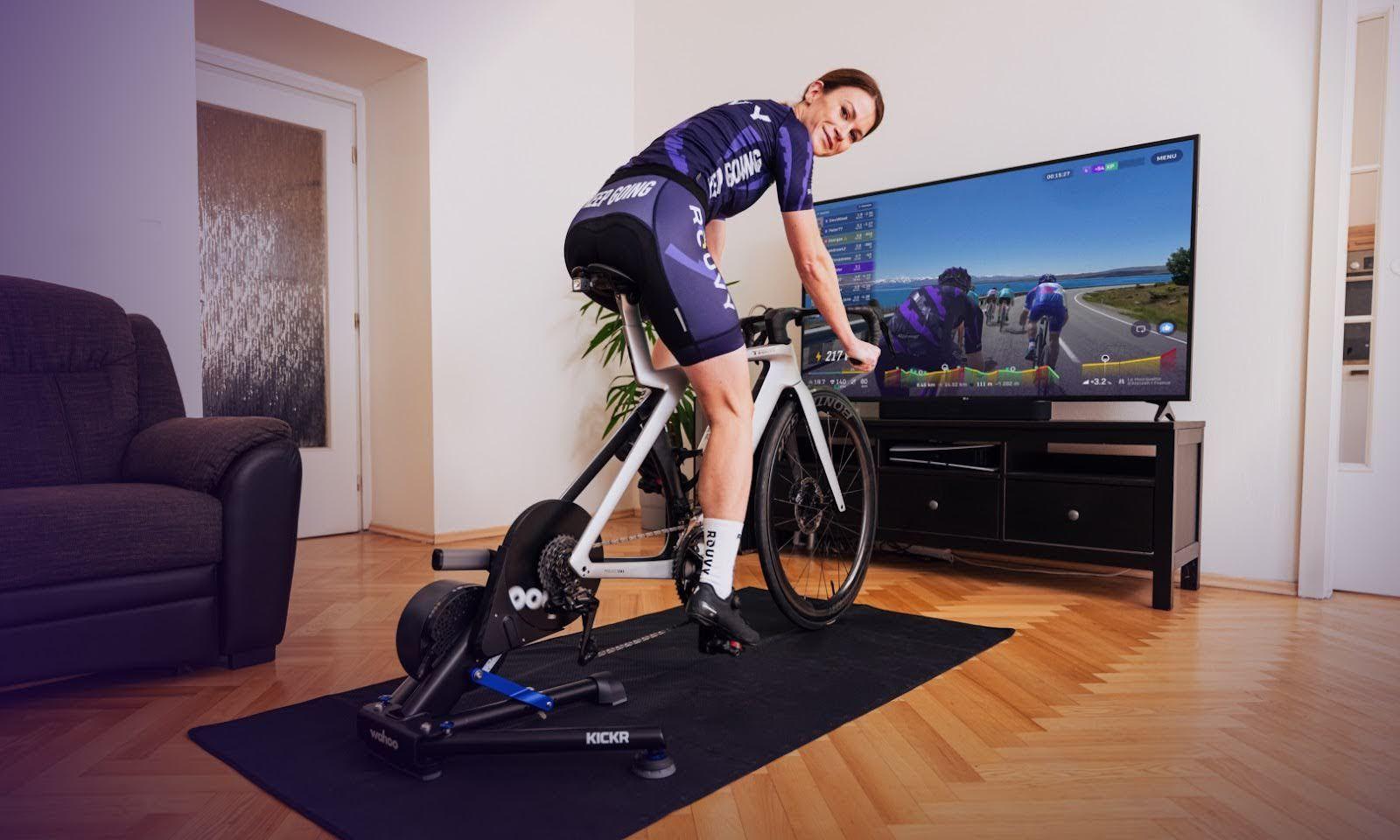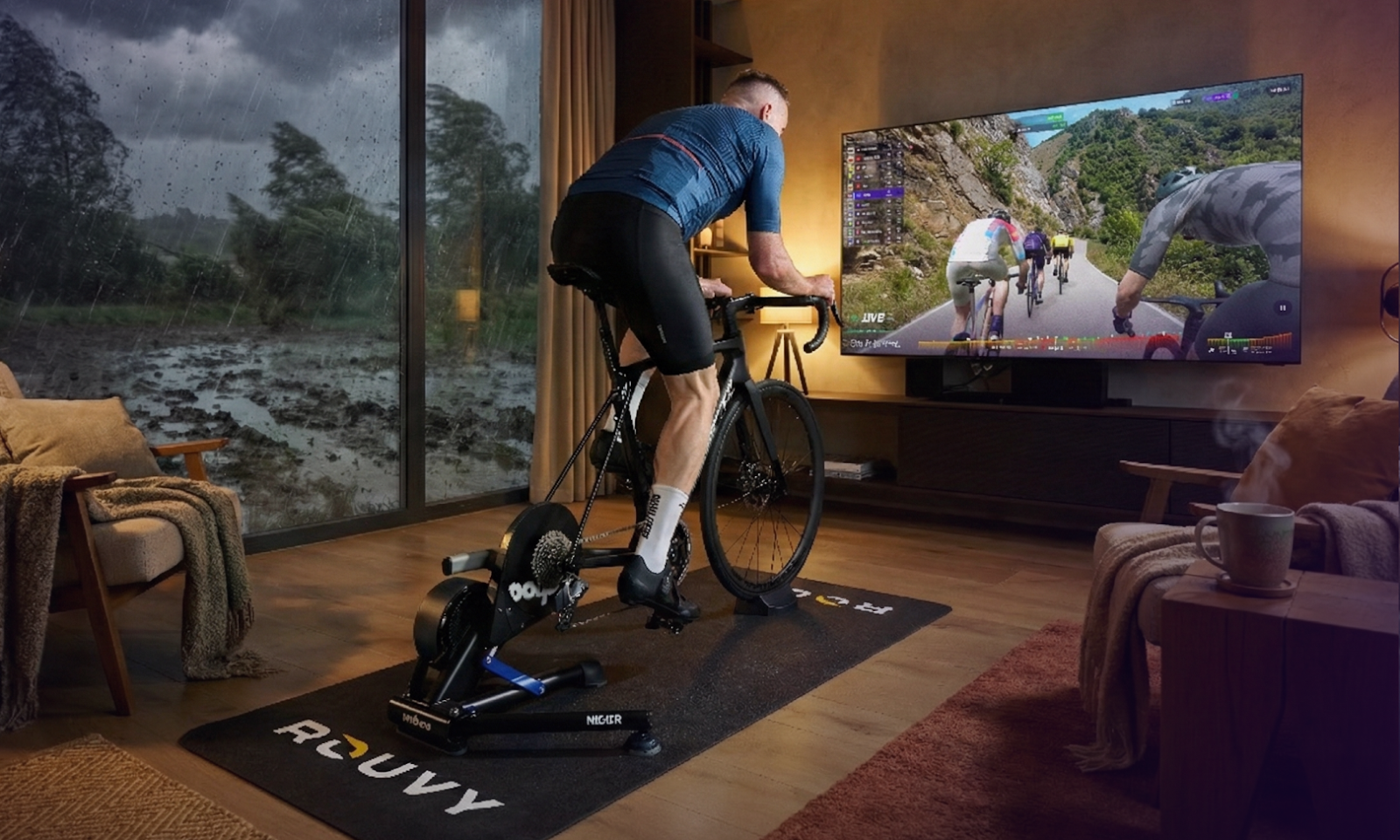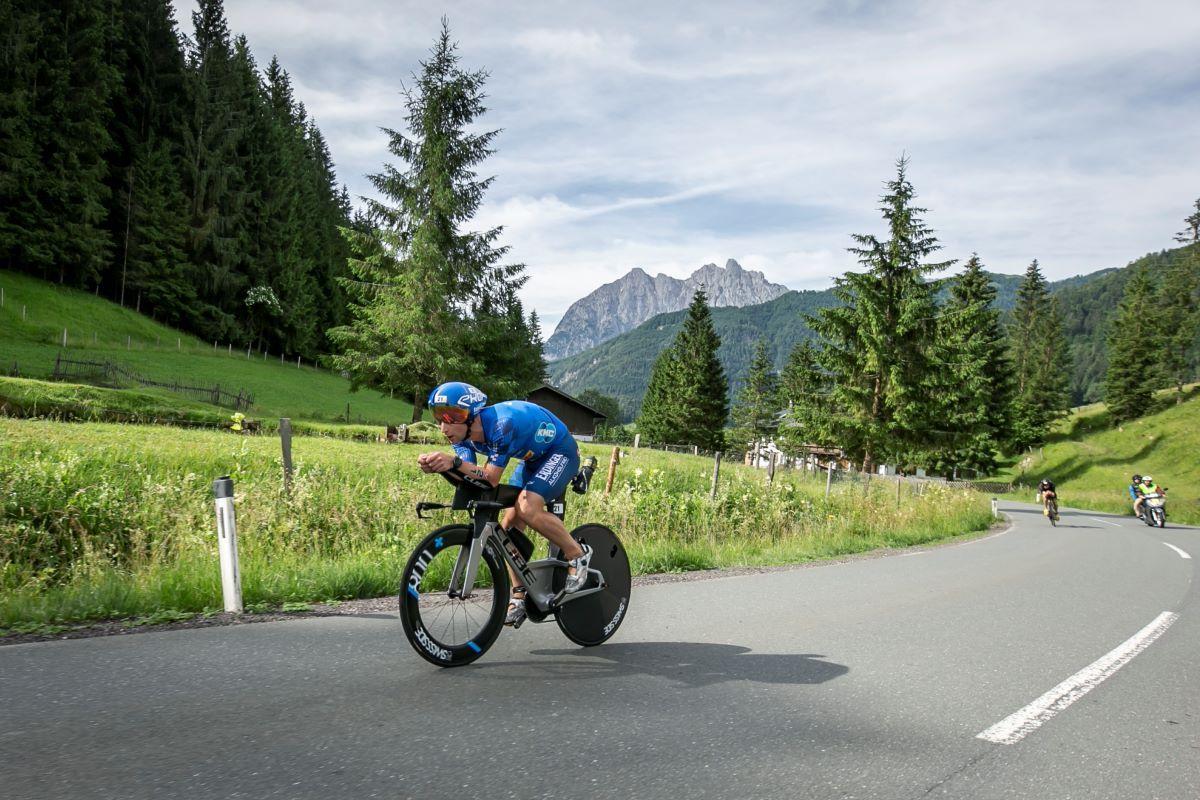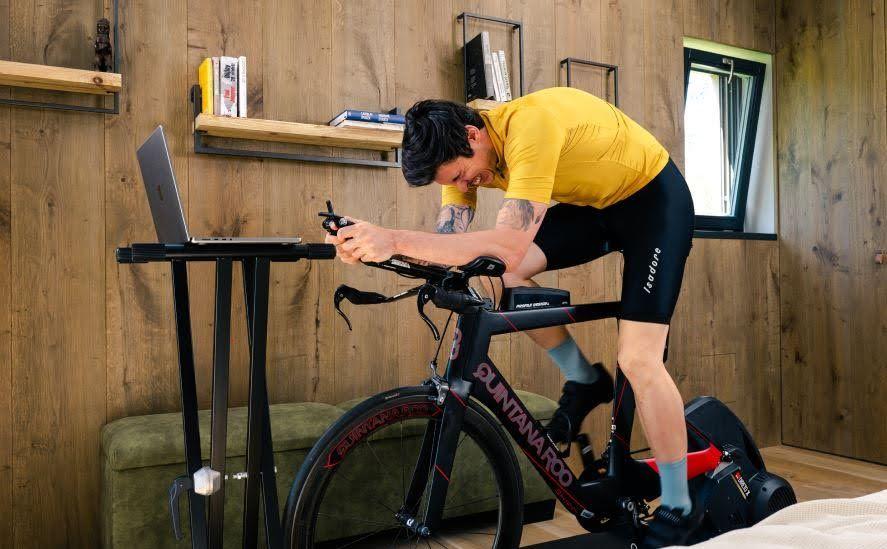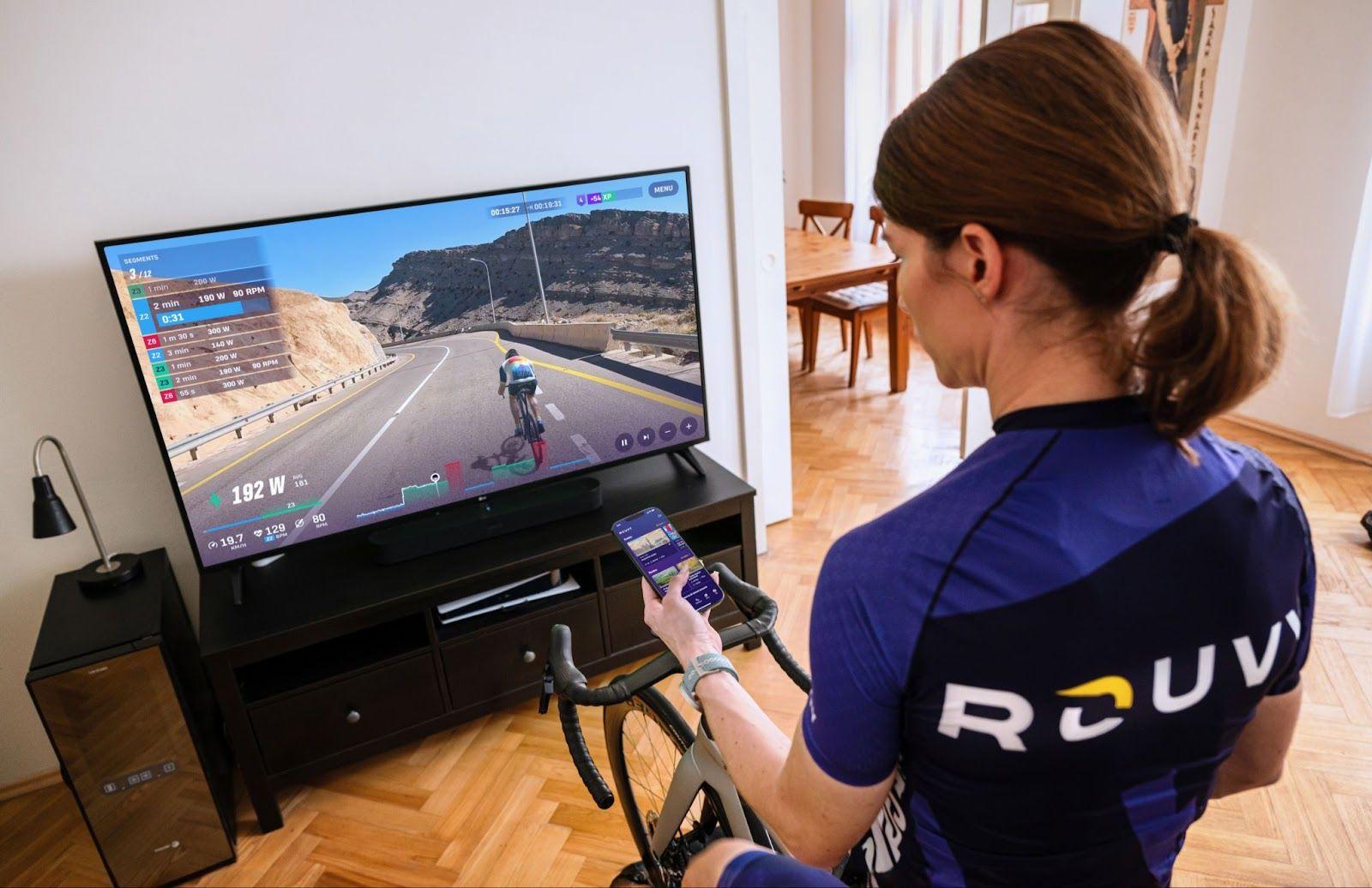In this article, I share my own experience with motivation in cycling and offer advice that can help you stay inspired.
Why Motivation Wavers in Cycling
Even the most committed cyclists go through low-energy phases. Some weeks you wake up excited to ride. Other weeks, just looking at your bike feels exhausting. That dip in drive does not mean you are failing. It is part of being human.
The psychology of training fatigue
Motivation is not constant. It is influenced by your brain’s reward system, your environment, and your physical state. When you ride often, your brain releases dopamine in response to progress and novelty. If you are doing the same routes or workouts, the novelty fades. That is when riding can feel like going through the motions.
Mental fatigue also builds when training stress piles up. Your body may be handling the physical load, but it's important to assess if you are physically ready or just mentally fatigued—sometimes your mind starts seeing each ride as “work” instead of “play.” That shift can make it harder to clip in.
Seasonal shifts and mental blocks
Long summer evenings make riding easy. In winter, short days, cold weather, and grey skies can sap your willpower. Many cyclists transition to indoor riding at this time, but the season can be especially challenging, making it harder to stay motivated.
Seasonal changes also affect mood. Research shows that lack of natural light can lower serotonin levels, which impacts energy and enthusiasm. Add daily life stress, such as work deadlines or family commitments, and motivation can take a hit.
The Science Behind Motivation in Cycling
Understanding the science can make your mental strategies more effective.
Dopamine and reward: When you complete a ride or hit a goal, your brain releases dopamine, reinforcing the behavior. The key is to create small, frequent wins so this reward loop stays active.
Habit loops: Consistent cues, like riding at the same time each day, help form automatic habits. The brain starts associating certain times or environments with cycling, which reduces the need for conscious effort.
Endorphins and mood: Exercise triggers endorphin release, which boosts mood and reduces stress. This can turn even a low-energy day into a good one once you start pedaling.
Goal gradient effect: People push harder and feel more engaged as they get closer to a goal. Breaking big challenges into smaller stages taps into this effect
Takeaway: If your motivation is slipping, it is not only about willpower. It is also about chemistry. Work with your brain by designing your rides to produce regular, satisfying progress.
One important point to remember is that coaches often point out the significance of mental health and motivation, emphasizing that supporting your psychological well-being is just as crucial as physical training.
The Unique Challenge of Indoor Motivation
Indoor cycling is incredibly effective for fitness and preparation. Mentally, however, it is a different game from riding outside.
Many cyclists struggle with the mental challenge of staying motivated during indoor rides.
Why riding inside feels harder mentally
Without scenery changing around you, your brain misses the sense of forward movement. You can feel stuck even while putting in serious effort. This lack of environmental stimulation is one reason indoor rides sometimes feel longer than they are.
Proper hand positioning and actively engaging your hands with the handlebars can help maintain focus and motivation during indoor rides, providing a sense of control and connection to the bike.
The trainer also offers no built-in variety unless you create it yourself. Outdoors, hills, turns, and terrain changes keep you engaged. Indoors, the ride is what you make it. Without variety, it is easy to lose focus.
Common pitfalls on the trainer
Monotony: The same routes and workouts, week after week.
No clear purpose: Pedaling without a reason, such as a goal or event.
Isolation: Riding alone without social interaction or accountability.
Neglecting sensory variety: No change in visuals, music, or workout style.
Skipping breaks: Not taking a break when needed can lead to burnout, fatigue, and loss of motivation. Regular breaks help with recovery and keep you mentally fresh for long-term progress.

